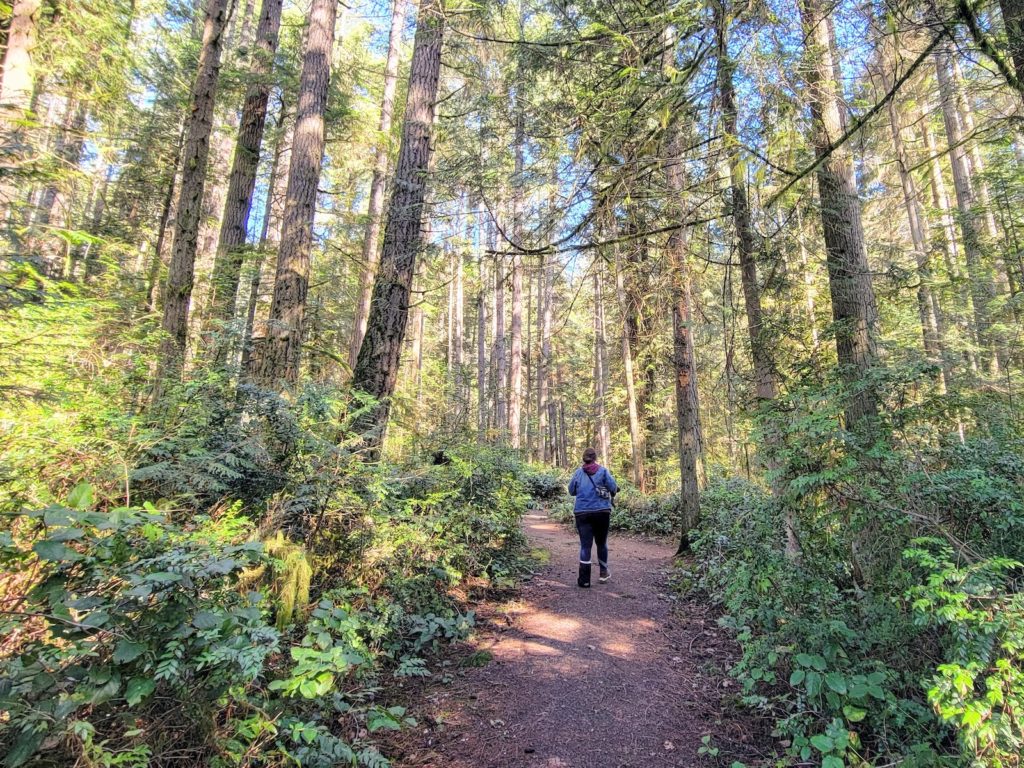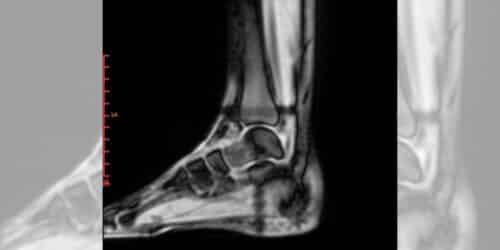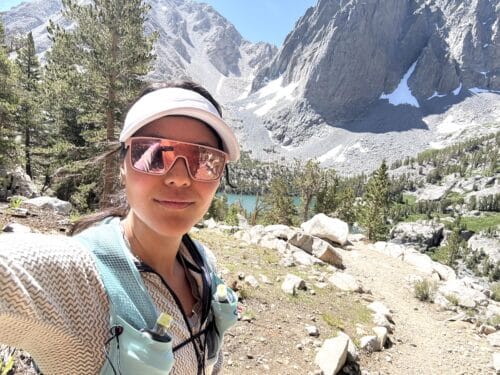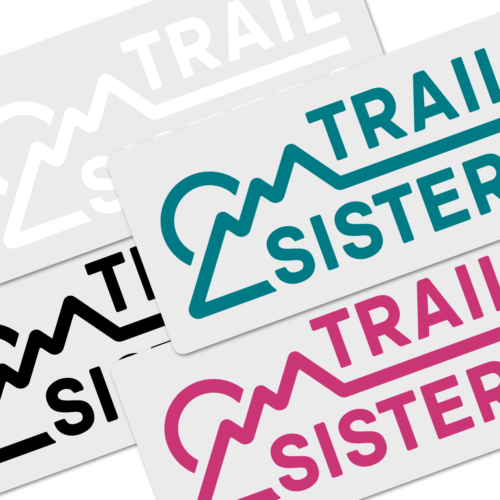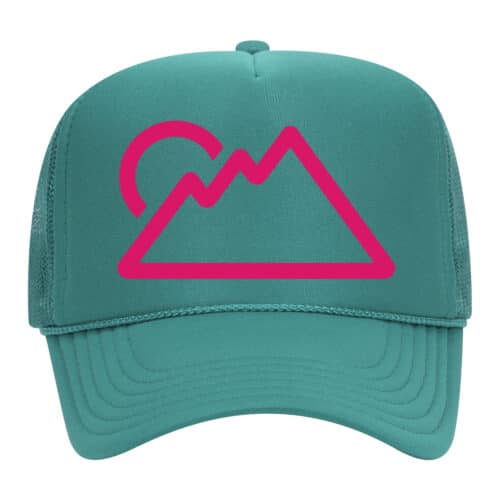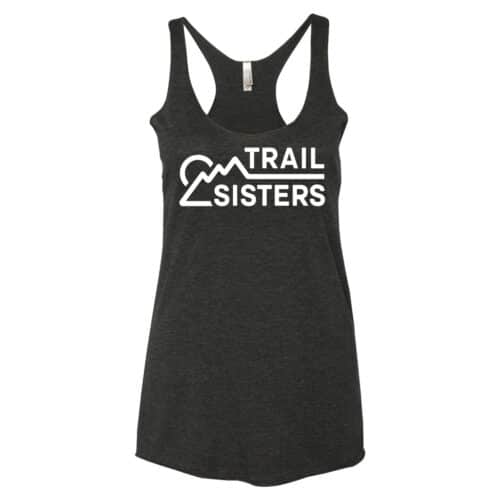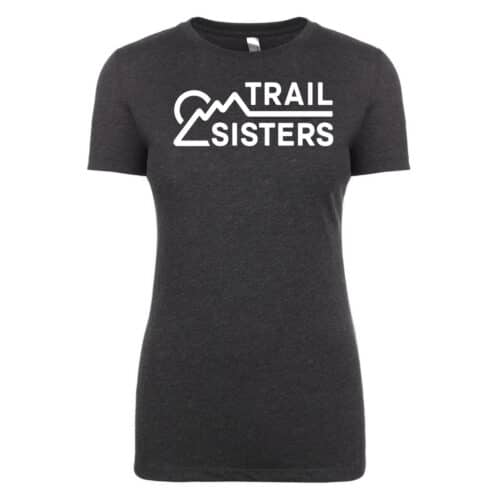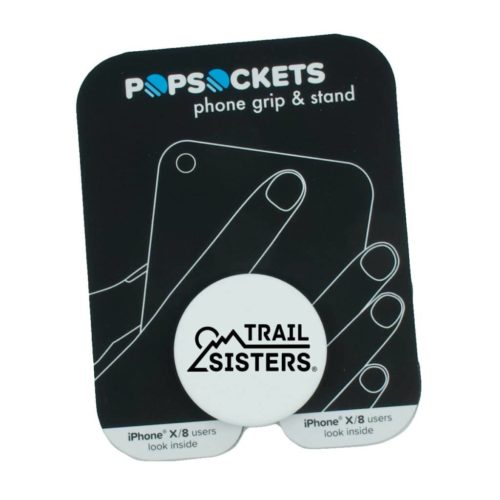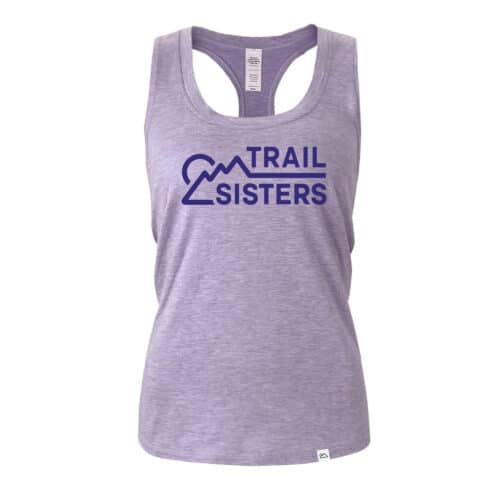From novice to elite, recovering from an injury is hard for any athlete. If you are someone like me who not only enjoys movement in the outdoors but whose identity is wrapped up in it, recovery can be soul-shaking. But rehab is just as much mental as it is physical. After all, the brain can break just like any other part of your body – but it can also heal.
Just like so many in this community, I am passionate about movement outdoors. I grew up hiking and camping with my family, I met my husband at a running club, and I had the confidence to complete a long-distance thru-hike because I started running. But aside from what I’ve been able to accomplish through running, I discovered years ago that I love who I am and how I feel when I run. My body is strong and my spirit is free. I am healthy. I am happy.
So when this source of happiness is taken away, how do I find it again? Who even am I without it?
In January of 2021, I broke my ankle in a snowshoeing accident. My husband and I had spent the previous summer running a virtual challenge to run the distance from LA to San Francisco along the coastal Highway 1. We spent that Fall exploring as many local trails as we could because we planned to move from the San Francisco Bay Area to Seattle at the end of January. I was moving easily and feeling great.
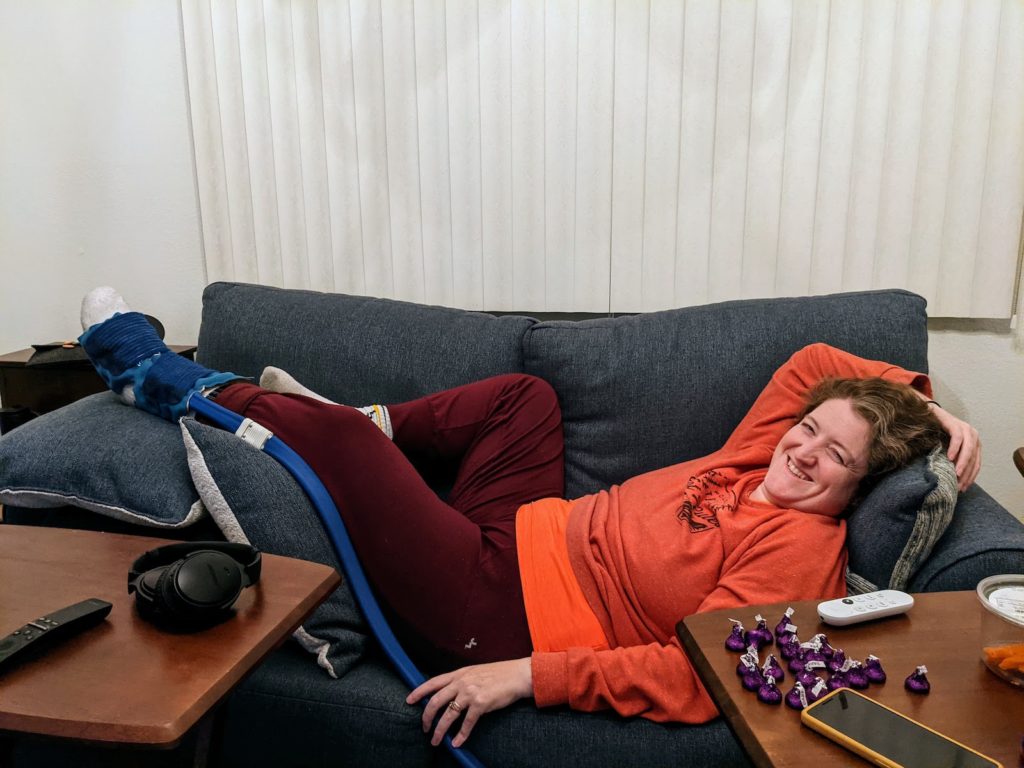
Two weeks before we moved, we visited my parents near Donner Lake and went snowshoeing. We were on the side of a snow-covered mountain and I shifted my weight in exactly the wrong way. The snow fell out from under me and on the way down, my snowshoe caught under my knee and twisted like a pretzel.
The doctor told me that they usually measure bone breaks in millimeters. But I’m not one to do anything halfway; my bone had splintered a full centimeter from my ankle joint. And so the long road to recovery began.
One week after my surgery, we moved from the Bay Area to Seattle. After that, things went from bad to worse. We were still in the midst of the global pandemic and a month after we moved, my manager at work told me that actually they weren’t going to be able to make my job fully remote so I had to be let go. A few weeks after that, I discovered that I had also partially torn my LCL in the accident and wasn’t sure if I would need knee surgery. Needless to say, there was a lot going on and now I didn’t have a way to physically work through it all. My outlet for endorphins and processing hard things was no longer available to me. I was scared because I couldn’t go for a run or hike to take care of my mental health.
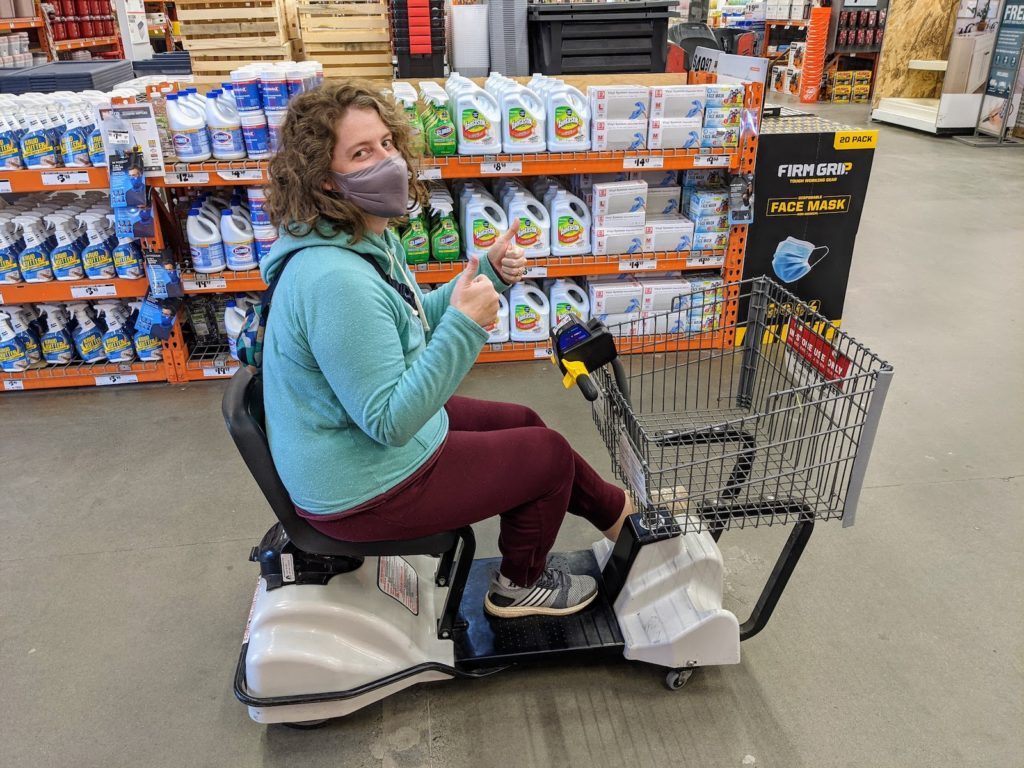
My anxiety began manifesting much more easily and I had bouts of depression that were hitting harder, lasting longer, and landing more often. Thankfully, I found a physical therapist who is more magician than doctor – but actually is an amazing doctor. He laid out a plan but warned me that recovery is never a linear path. There will always be peaks and valleys and the important thing to remember when I’m down in that valley is that I will reach the next peak – it’s just the nature of testing your limits.
But because I love being in control and I hold incredibly high, and probably unhealthy, standards for myself, I got discouraged, depressed, and panicky when I had setbacks. I blamed my body for not being able to run but what I was really doing was blaming myself for no longer being what I thought was the best version of me. I felt myself falling away from that idealized me, and it was then that I realized: just as I was rehabbing the muscles in my ankle and knee, I had to rehab my mind as well.
So how did I cope?
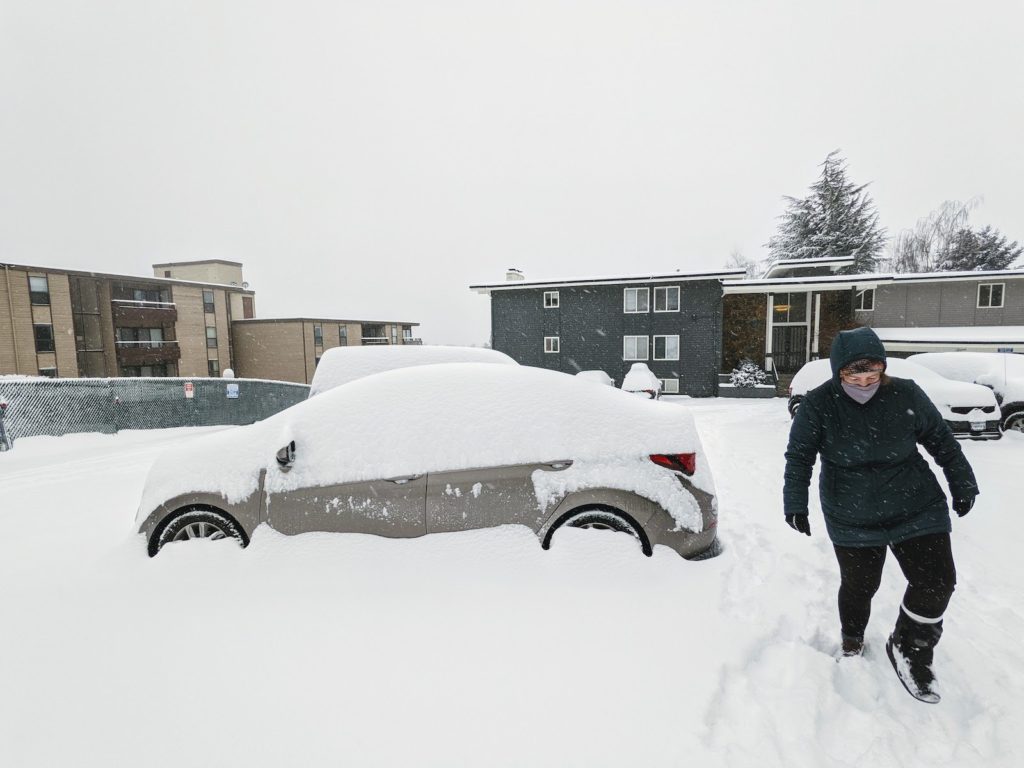
Well, I’d love to tell you that there are four easy steps for maintaining mental wellness during recovery. But every person is different and not every coping mechanism works for everyone. Some of these coping mechanisms didn’t even work for me at varying times during my recovery. So pick and choose what feels right and if it doesn’t work, try something else.
- I talked to people. This one was really hard for me because I tend to internalize everything. But talking to people who care and who can help lets you see things from a different perspective. At the very least, it can get some of your thoughts out in the open and keep them from festering in your mind.
- I kept victory sticky notes. Recovery is freaking hard so it’s easy to get caught up in the negatives. I kept a stack of sticky notes all around my apartment so I could write down things that I accomplished. Even something as small as, “I got up from the toilet without my ankle hurting” went on a sticky note. I would keep the notes on my fridge and felt encouraged and empowered when it started filling up.
- I let myself compartmentalize the other hard things I was dealing with. Moving, losing my job, searching for a new job, navigating a global pandemic; it’s okay if you just can’t deal with everything at once. Sometimes you just need to let yourself concentrate on one thing at a time. There was even one day when it got to around 11 am and I just couldn’t deal with it anymore. So I changed back into my PJs, got in bed, laid there for about 5 minutes then got back up, splashed water on my face, and started over again.
- I tried to strike a balance between staying present in my mind and body and letting myself be distracted. Sometimes you need to find a Plan B for that outlet you no longer have. I tried painting, puzzles, cooking, and online courses when I needed to occupy my mind. Then I found meditating and writing helpful when I wanted to sit with my thoughts. Meditating taught me to view my thoughts like leaves on a tree. They sprout from your mind but then they fall off and float away on the breeze. I live in my head a lot so writing helps me free those thoughts that are caught up and clogging the gutter.
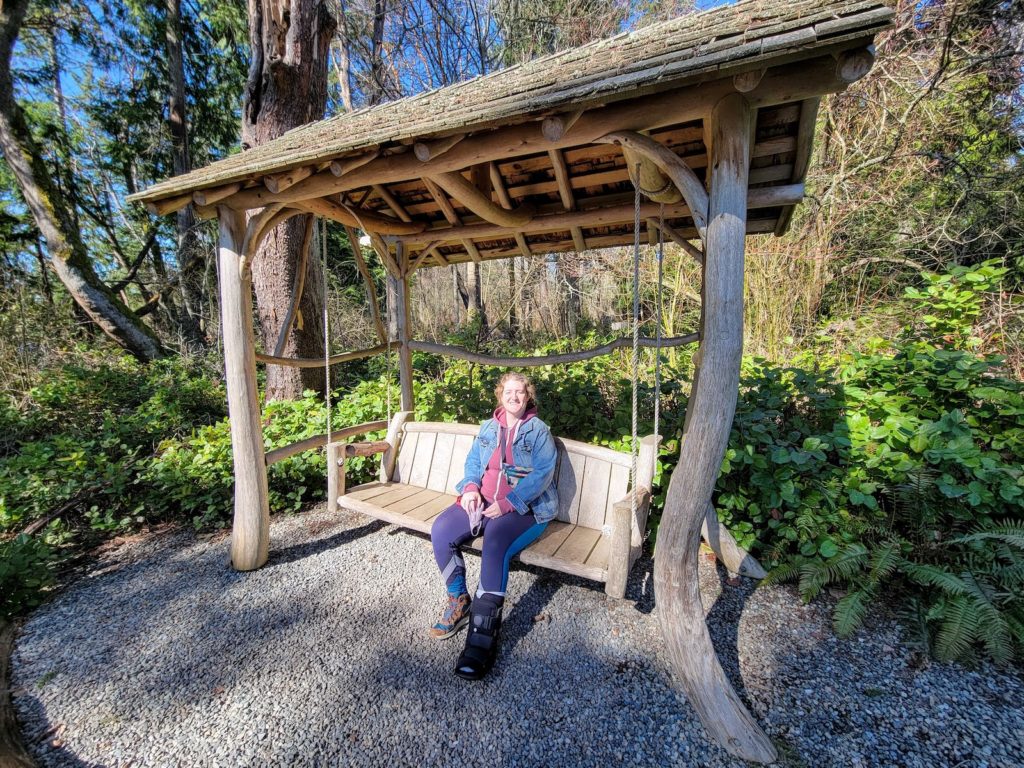
Maintaining mental health is often an ongoing process but it is especially important when we are going through physical rehab. Just remember that your mind is a body part just like any other; it can break but it can also heal with time and rehab. Our body is literally built to heal itself, so give yourself time and grace when coming back from injury. Finally, always remember that you are not alone in your experience. Online communities like Trail Sisters can offer support and encouragement. Listen to your body, rest when you need to, and keep at it, sister.



